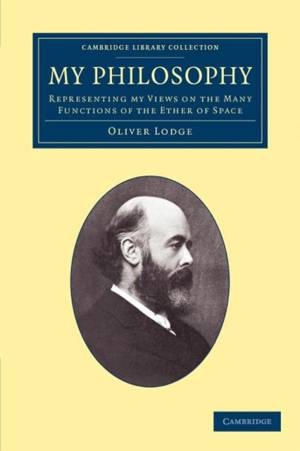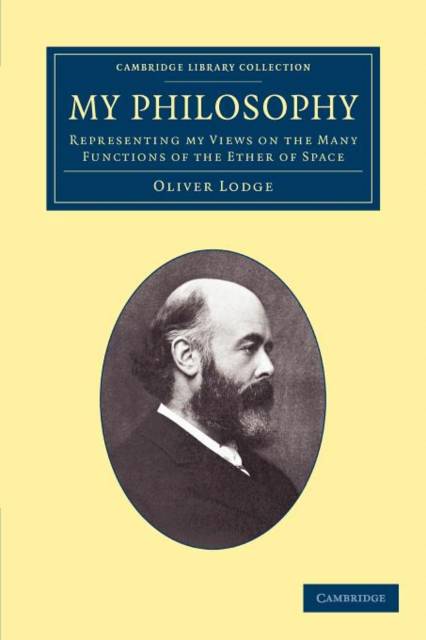
Bedankt voor het vertrouwen het afgelopen jaar! Om jou te bedanken bieden we GRATIS verzending (in België) aan op alles gedurende de hele maand januari.
- Afhalen na 1 uur in een winkel met voorraad
- In januari gratis thuislevering in België
- Ruim aanbod met 7 miljoen producten
Bedankt voor het vertrouwen het afgelopen jaar! Om jou te bedanken bieden we GRATIS verzending (in België) aan op alles gedurende de hele maand januari.
- Afhalen na 1 uur in een winkel met voorraad
- In januari gratis thuislevering in België
- Ruim aanbod met 7 miljoen producten
Zoeken
€ 75,95
+ 151 punten
Omschrijving
In his study of optics, Newton postulated that light, like sound, must be carried through a medium, and that this medium must exist even in a vacuum. By the late nineteenth century, this theoretical substance was known as the luminiferous ether. But the ether theory faced several problems. If the earth moved through ether, there would be ether wind, and light travelling against the flow would move more slowly than light travelling with it. That was soon disproven. Nor could the ether be stationary: by 1905, Einstein's work on relativity had disproven absolute motion. In this fascinating advocacy of ether, first published in 1933, Sir Oliver Lodge (1851-1940) fiercely defends ether against the new physics, arguing for solid models over mathematical abstractions, and urging new ether experiments. With in-depth references to Einstein, Jeans and Eddington, this book is still relevant to students in the history of science.
Specificaties
Betrokkenen
- Auteur(s):
- Uitgeverij:
Inhoud
- Aantal bladzijden:
- 324
- Taal:
- Engels
- Reeks:
Eigenschappen
- Productcode (EAN):
- 9781108052672
- Verschijningsdatum:
- 2/08/2012
- Uitvoering:
- Paperback
- Formaat:
- Trade paperback (VS)
- Afmetingen:
- 152 mm x 229 mm
- Gewicht:
- 476 g

Alleen bij Standaard Boekhandel
+ 151 punten op je klantenkaart van Standaard Boekhandel
Beoordelingen
We publiceren alleen reviews die voldoen aan de voorwaarden voor reviews. Bekijk onze voorwaarden voor reviews.









